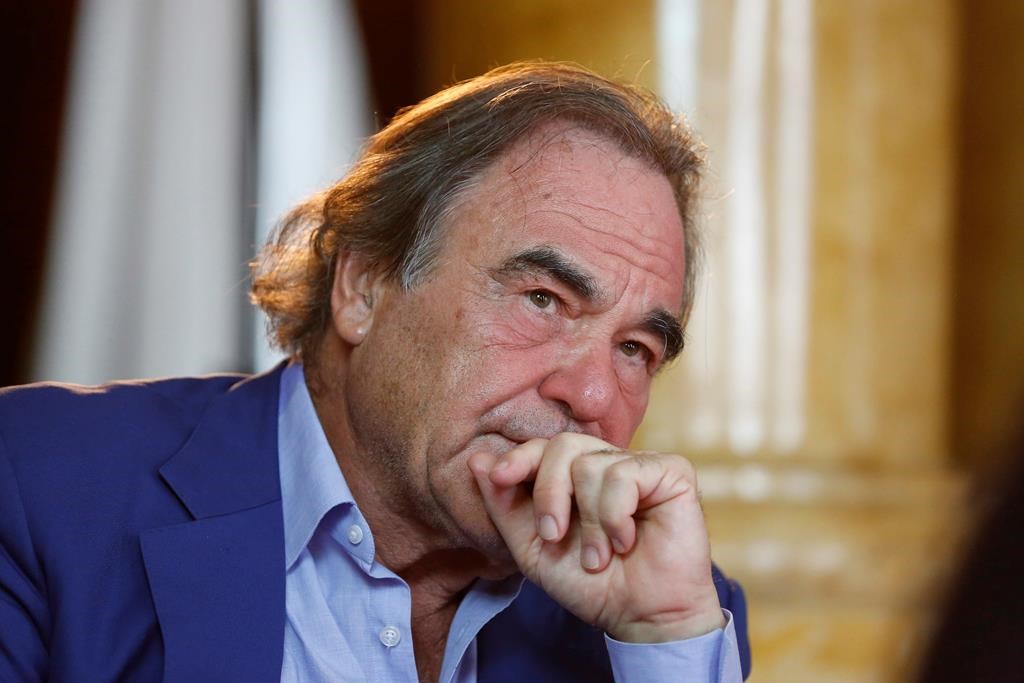Oliver Stone, the American filmmaker, is lamenting the current state of the film industry and its handling of the ongoing COVID-19 pandemic.

While promoting his upcoming memoir, Chasing the Light, the Platoon (1986) director opened up about his thoughts on not only the decreased functionality and increased financial stress of making films in the midst of the pandemic, but also his grievances with political correctness, during in an interview with the New York Times (NYT) published on July 10.
Though he didn’t mention any other supposed trends, he said Hollywood was “trying to keep up with” to be accommodating, Stone suggested that the industry had become “too fragile” and “sensitive” in recent years, while using the novel coronavirus as an example.
“Hollywood now — you can’t make a film without a COVID adviser,” the Scarface (1983) writer said. “You can’t make a film without a sensitivity counsellor. It’s ridiculous.”

“The problem is in Hollywood,” the 73-year-old added. “It’s just so expensive,”
To back his point about Hollywood’s navigation of the coronavirus pandemic, the Natural Born Killers (1994) director recounted reading an article about the cost of filmmaking skyrocketing as a result of the global health crisis.

Get daily National news
He accredited it to “all these precautions” required in order to safely make a film, while helping to mitigate the spread of COVID-19 — including social distancing accommodations for the cast and crew.
Because of those regulations, Stone expressed frustration, saying that “a 50-day shoot becomes a 60-day shoot.”
“I’ve never seen it quite mad like this. It’s like an Alice in Wonderland tea party,” Stone continued, referring to the iconic and fictional Lewis Carroll character’s: the rambunctious Mad Hatter and the paranoid White Rabbit, from his 1865 novel, Alice’s Adventures in Wonderland.
Stone’s interview with NYT can be read, in its entirety, here.
Questions about COVID-19? Here are some things you need to know:
Symptoms can include fever, cough and difficulty breathing — very similar to a cold or flu. Some people can develop a more severe illness. People most at risk of this include older adults and people with severe chronic medical conditions like heart, lung or kidney disease. If you develop symptoms, contact public health authorities.
To prevent the virus from spreading, experts recommend frequent handwashing and coughing into your sleeve. They also recommend minimizing contact with others, staying home as much as possible and maintaining a distance of two metres from other people if you go out.

In situations where you can’t keep a safe distance from others, public health officials recommend the use of a non-medical face mask or covering to prevent spreading the respiratory droplets that can carry the virus.
For full COVID-19 coverage from Global News, click here.
—









Comments
Want to discuss? Please read our Commenting Policy first.